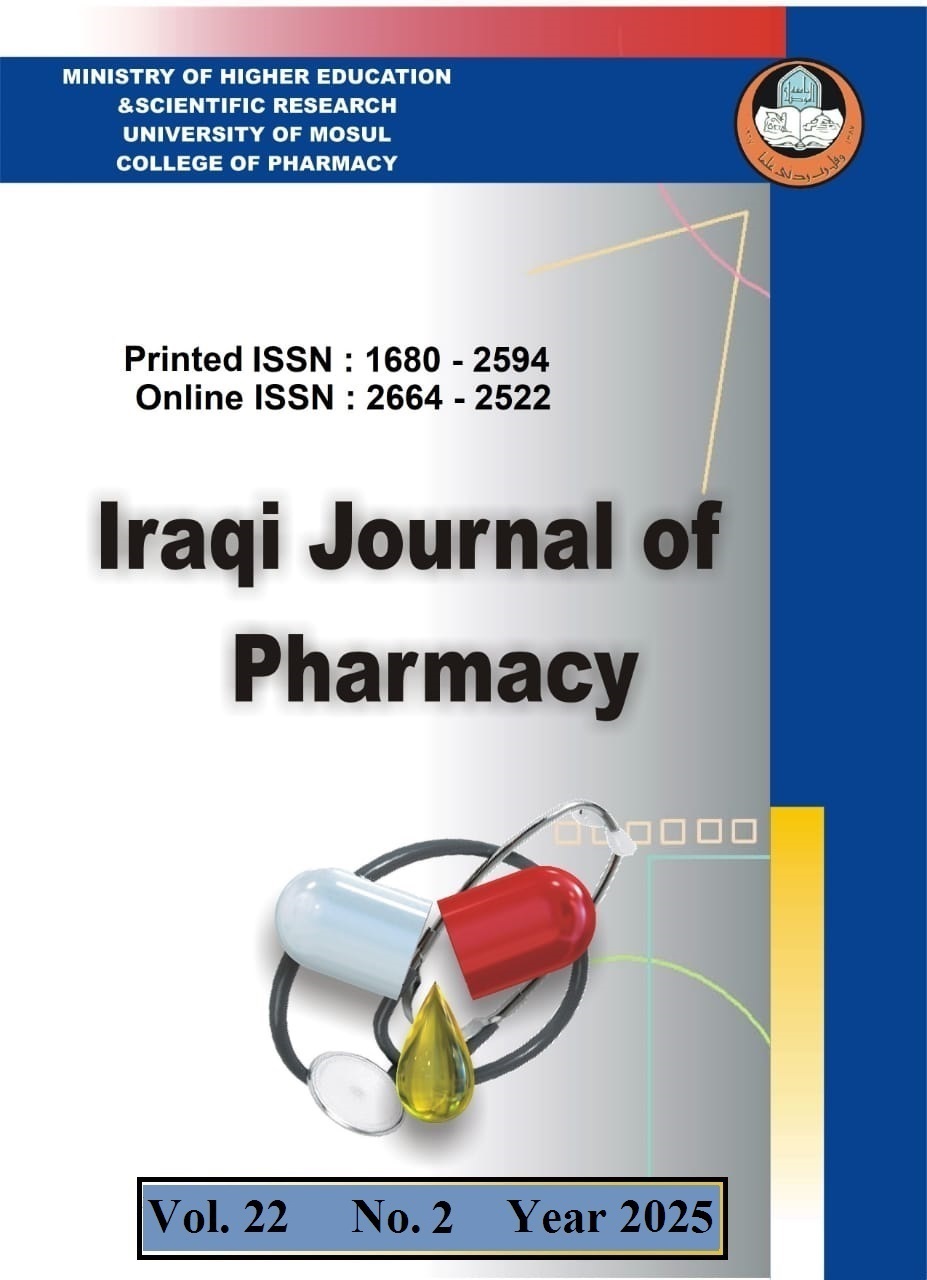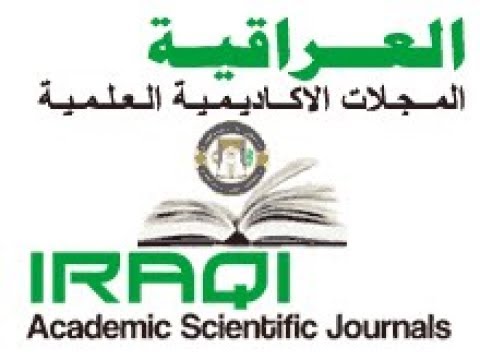Effects of different concentrations of aqueous green tea extract against methotrexate-induced nephrotoxicity in rats
Abstract
Objective: The concentration-dependent nephroprotective effects of orally-administeredaqueous green tea extract (AGTE) were studied.Materials and Methods: Forty rats of both sexes (weighing -g) with variousconcentrations {.%, .% and .% of aqueous green tea extract (AGTE)} as theirmain source of drinking fluid days before and days after administration of methotrexate(MTX). The parameters of oxidative stress, malondialdehyde (MDA) and reducedglutathione (GSH) were daily measured in kidney homogenate in addition to histopathologicalexaminations after killing.Results: Analysis of data revealed significant amelioration of oxidative stress in groupsof animals treated with different concentrations of AGTE compared to MTX-treatedgroup as evidenced by lowering MDA contents and elevation of GSH levels in kidneytissue homogenate but the levels still significantly different compared to controls. Furthermore,increasing concentrations of AGTE produce no concentration-dependent improvementof the damage induced by MTX in kidney tissue, as observed in kidney ratssections in concentrations .% and .% AGTE, while improvement in renal morphologicalchanges was observed in group of animals treated with .% AGTE + MTX.Conclusion: The concentration-dependent protective effects of AGTE against MTXinducekidney damage were not evidenced, where higher concentration of AGTE (.%)used in this study resulted in deterioration in the renal functions and morphology, whichmay be due to its pro-oxidant effect; while renal protective effects was evidenced in aconcentration of .% AGTE, an effect that could be related to its antioxidant propertiesat this concentration.








